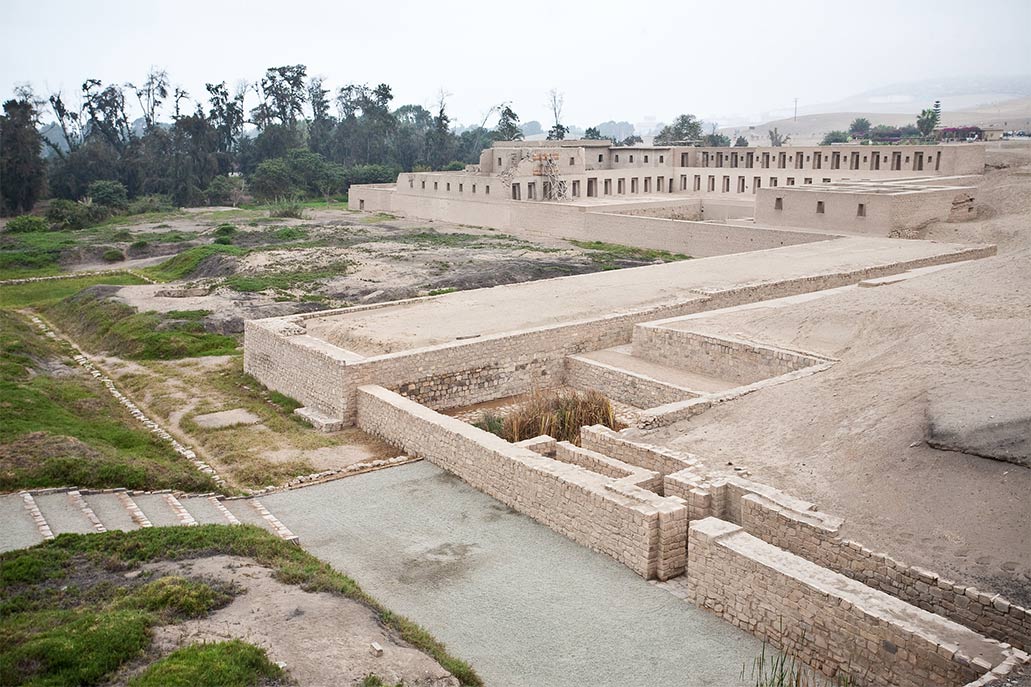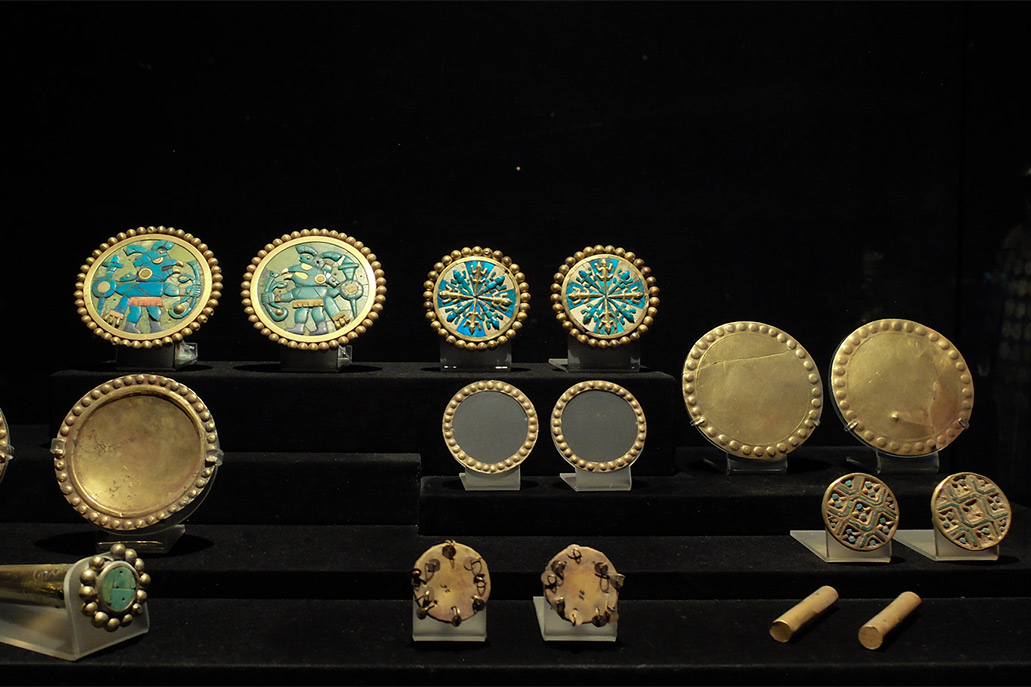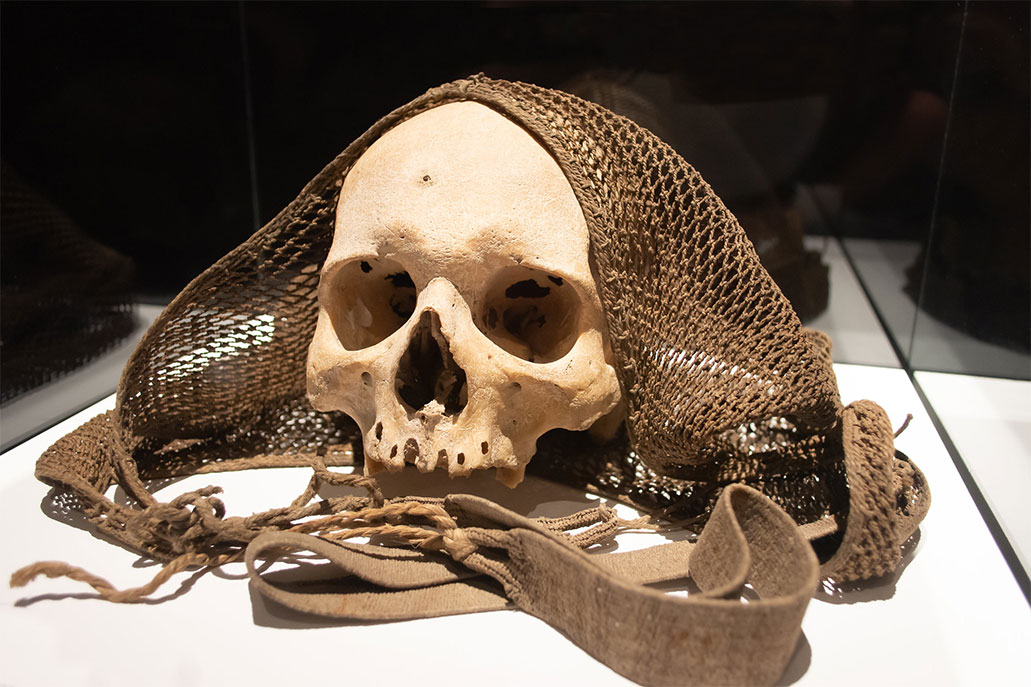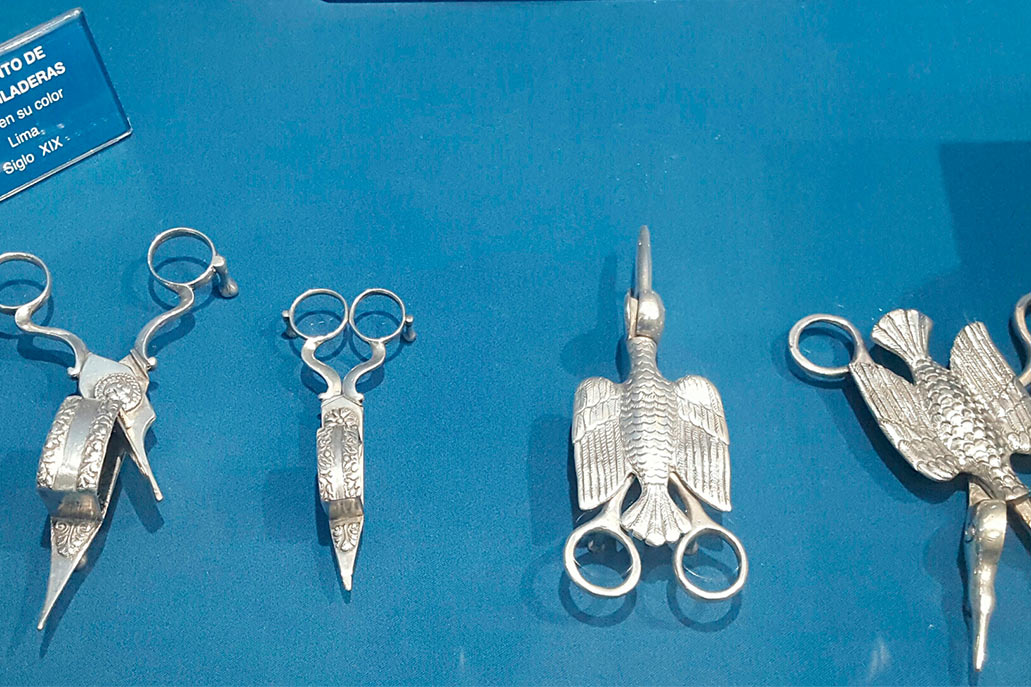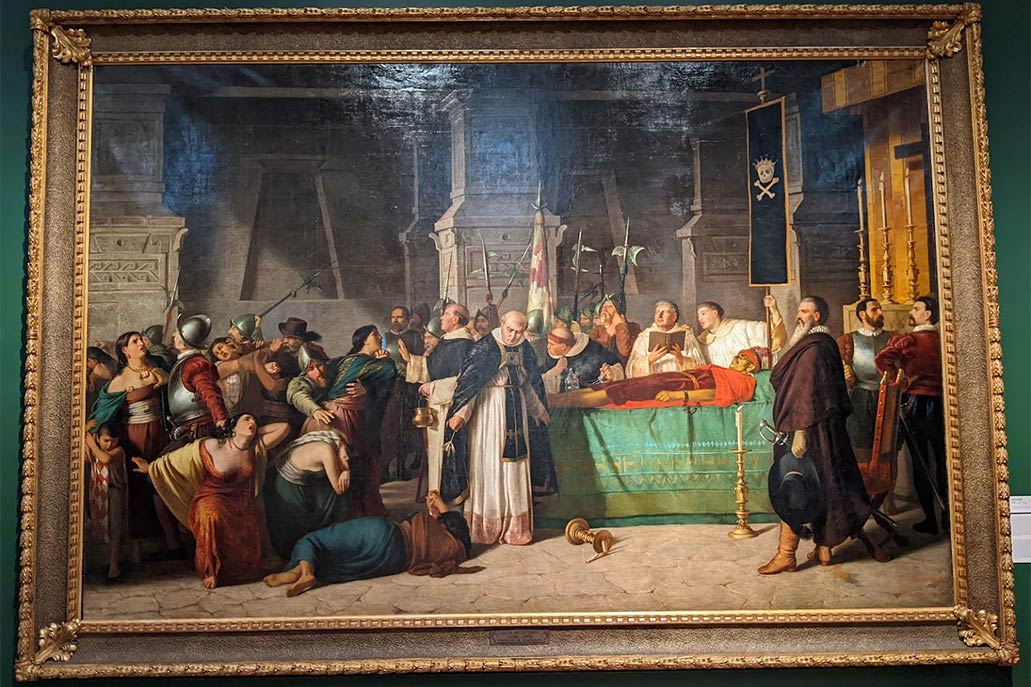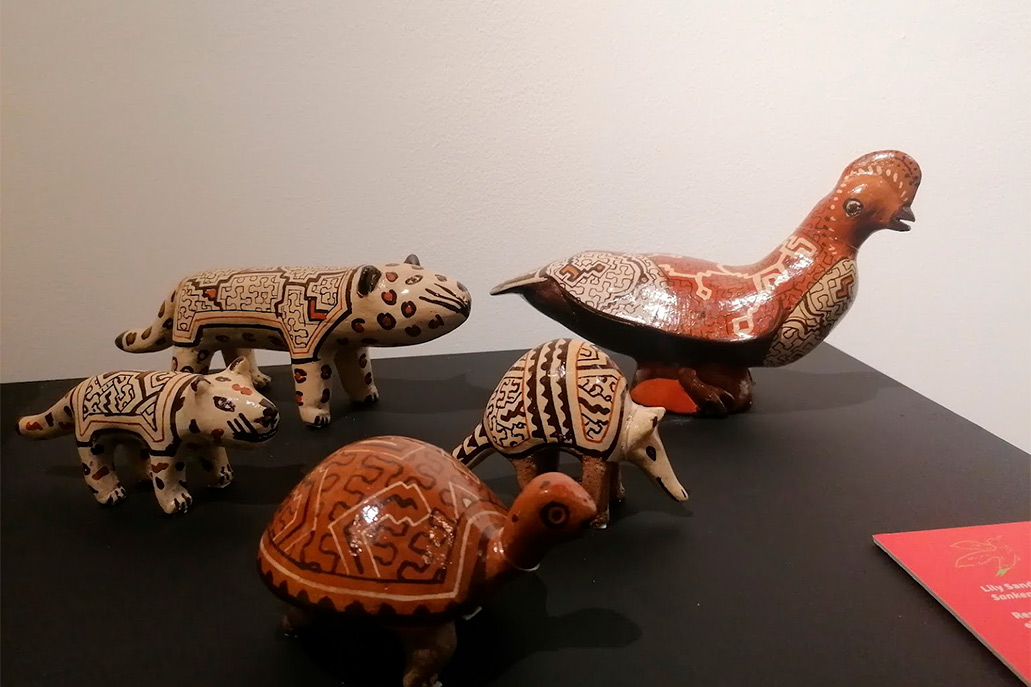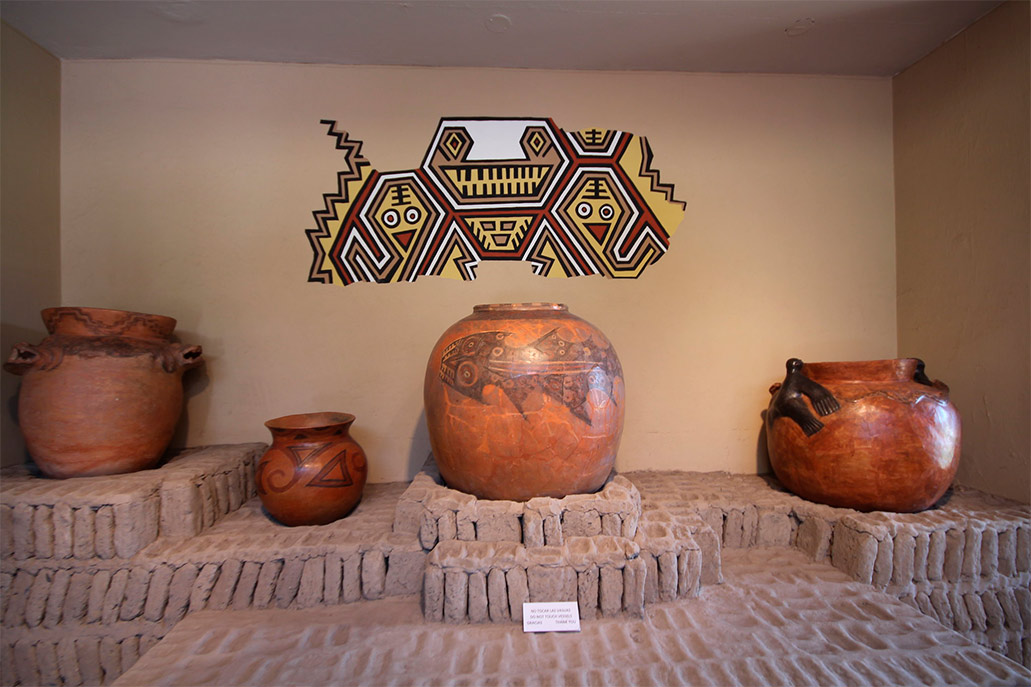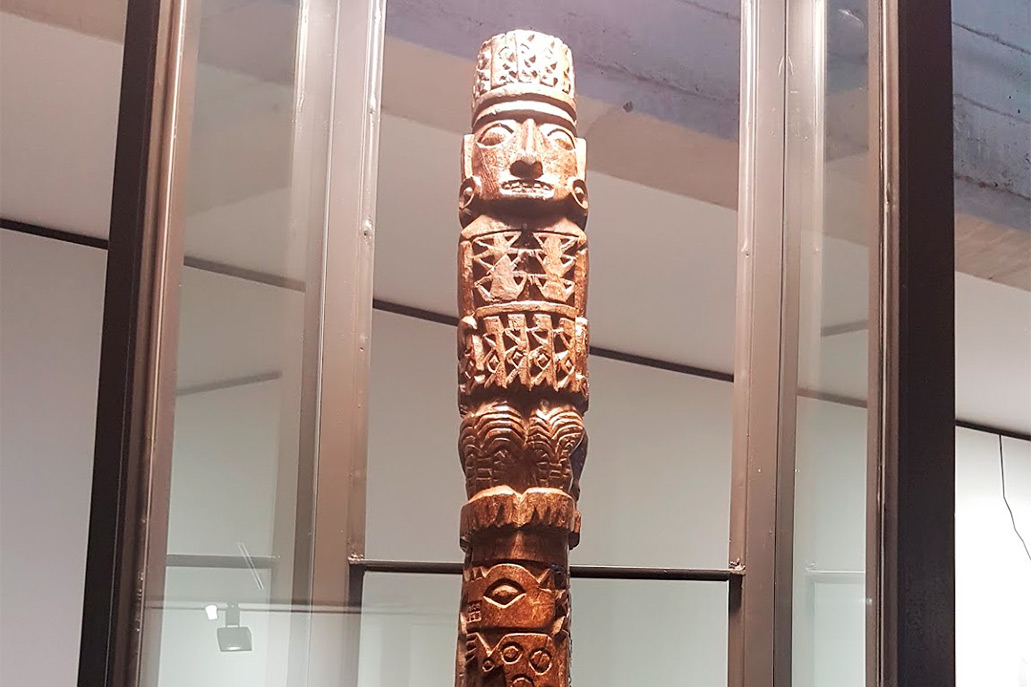7 museums in Lima that you absolutely must visit
Lima is the city that offers the best museums and cultural centers in Peru. For several centuries the best collections are found in the country’s capital. These show the skill and culture of the peoples who inhabited the coast and the Andes until more than three thousand years ago. Get to know the seven most recommended museums in the ‘city of kings’.
Content
Larco Museum
This museum offers an invaluable collection of pre-Columbian ceramics, tools, textiles and all kinds of objects that span an age of more than five thousand years, from the Caral civilization to the Incas. It has green areas, video room, library and more. The collection was largely thanks to the donation of Rafael Larco Herrera and the direction and foundation of his father Rafael Larco Hoyle.
The museum is divided into eleven rooms: Introduction, Cultures of Ancient Peru, Textiles of Ancient Peru, Sacrifice Ceremony, Ceremonial Vessels, Death in Ancient Peru, Gold and Jewelry, and more. The museum is open from Monday to Sunday from eleven in the morning to seven at night. It is located in the district of Pueblo Libre.
- Address: Simón Bolívar Avenue 1515, Pueblo Libre – Lima.
- Admission price: General admission 35 soles, students 17 soles, children under 18 soles 17 and children (up to 8 years old) free.
National Museum of Archaeology, Anthropology and History of Peru
This museum is one of the most emblematic in Peru. It was founded in 1822, making it the oldest in the entire Peruvian territory. The first sponsor was the liberator José de San Martín. Unfortunately, much of its first collection was looted during the Pacific War at the end of the 19th century. Later, thanks to the support of renowned Peruvian intellectuals (such as Julio César Tello, Max Uhle, among others), it was reopened.
The museum exhibits an important collection of pre-Inca, Inca, colonial and republican objects divided into: physical anthropology, ceramics, lithic material, organic material, metals, textiles, documentary material, colonial material, republican material and ethnographic material. It also offers services for researchers. The museum is open from Monday to Sunday from 8.45 in the morning until 5 in the afternoon.
- Address: Square Bolívar s/n, Pueblo Libre – Lima.
- Admission price: Adult in general 10 soles / students 1 sol / schoolchildren 1 sol.
Pedro de Osma Museum
This museum offers the largest and most important collection of colonial art in Peru. Objects of great beauty stand out in its collection, such as canvases, sculptures, furniture and silver utensils. Its name comes from the fact that a large part of the collection was donated by the philanthropist Pedro de Osma y Pardo. The museum was founded in 1987. The museum is open Tuesday through Sunday from 10 a.m. to 6 p.m.
The museum is divided into twelve rooms where the collections stand out: sculptures, allegories, Marian dedications, portraits, furniture, Huamanga stone, silverware and art from the southern Andes. The tours are in the company of a professional guide. The price already includes the guide service. The museum offers green areas, wheelchair access as well as descriptions in several languages.
- Address: Pedro de Osma Avenue 421, Barranco – Lima.
- Admission price: Foreign adults 30 soles / Peruvian adults 20 soles / students 15 soles.
Lima Museum of Art
The Lima Art Museum (MALI) offers a sample of art in Peru through the years. The museum is located in the famous exhibition palace, with a very colorful neo-Renaissance style. It is also famous for its collections of ceramics and Inca textile art. It is located in the Parque de la Exposicion, one of the most serene spaces in the bustling center of Lima.
The Lima Art Museum was created in 1959. It offers nine rooms where up to 17,000 artistic works have been registered, offering a sample of 3,000 years of art in the country. In addition, MALI stands out for its courses in various artistic disciplines. It is open from Tuesday to Sunday from 9 in the morning to 7 at night. On Saturdays from 9 in the morning to 5 in the afternoon.
- Address: 9 de Diciembre Avenue s/n, Cercado de Lima – Lima.
- Admission price: Foreign adults 30 soles / Peruvian adults 15 soles / students 15 soles / children under 8 years old are free.
Metropolitan Museum of Lima
The Metropolitan Museum exposes the history of the city of Lima, from its first inhabitants, the passage of the Wari, the Incas, the Spanish occupation to the present day. It is located in the Exhibition Park, in the center of the city. The museum stands out for its three-dimensional exhibitions with audio and video. It is one of the most modern in the city.
The museum is divided into six didactic rooms that show: the development of the Main Square, the first men of Lima, the encounter between the Lima and Wari cultures, the Spanish invasion of the Pachacamac Sanctuary, the 1746 earthquake and the development of the city in the 20th century. The most striking, without a doubt, is the 3d room with an almost real telluric movement. It is open from Tuesday to Sunday from 10 in the morning to 6 in the afternoon.
- Address: Intersection of Avenue 28 de Julio with Avenue Garcilaso de la Vega, Cercado de Lima – Lima.
- Admission price: General adults 8 soles / university students 5 soles / schoolchildren 4 soles.
Site Museum of Huaca Pucllana
Huaca Pucllana is one of the most important archaeological sites in Lima. Research has revealed and continues to reveal important keys to discovering the Lima culture, one of the most important on the central coast of Peru. These findings are in the site museum of the Huaca Pucllana, located in the same place.
The museum exhibits a collection of 76 objects found during the excavations in Huaca Pucllana. It also has panels, maps, photographs and infographics of the cultures that inhabited this temple: the Lima, the Ychma and the Wari. Visitors should first tour the museum before visiting the archaeological site. Attention is from Wednesday to Monday (except Sundays) from 9 in the morning to 3.30 in the afternoon.
- Address: General Borgoño street block 8, Miraflores – Lima.
- Admission price: General adult 15 soles / children (from 5 to 12 years old) 7.50 soles / university students 7.50 soles / children under 5 years old are free.
Site Museum of Pachacamac
Pachacamac was a sanctuary of great importance during the Inca period and the cultures that preceded it. As in Huaca Pucllana, to visit the archaeological site, you must first visit the site museum. This offers an exhibition with objects and panels on the importance of Pachacamac for the cultures that inhabited it.
The museum is one of the best designed in the country. It should be noted that in one of its rooms there is a life-size replica of the ‘idol of Pachacamac’, the deity that ruled the sanctuary. It also highlights its exhibition of quipus and wari ceramics. The tour is chronologically, from 200 AD to 1,470 AD Its attention is from Monday to Saturday from 9 in the morning to 5 in the afternoon.
- Address: Kilometer 31.5 of the old Panamericana Sur, Lurín – Lima.
- Admission price: General adult 15 soles / university student 5 soles / children (from 3 to 17 years old) 1 sol / children under 3 years old are free.
By Machupicchu Terra – Last updated, August 28, 2023
